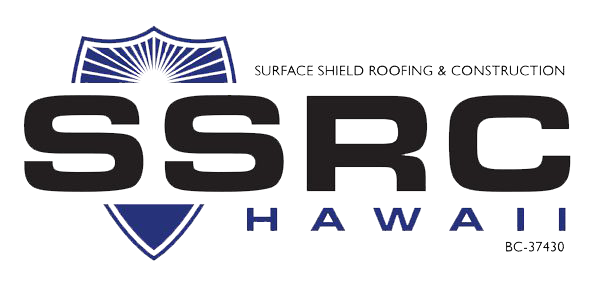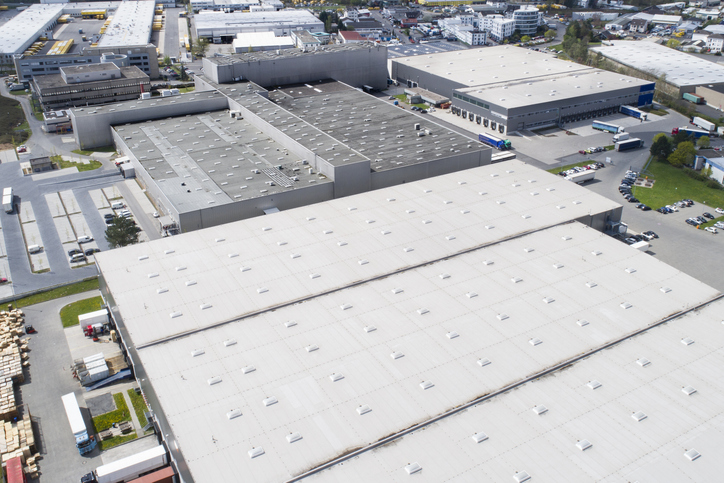When it comes to roofing in Oahu, understanding the local government standards is non-negotiable. The island’s unique climate, characterized by high humidity, frequent rain, and intense sun, necessitates specific roofing requirements to ensure durability and safety. The City and County of Honolulu’s Department of Planning and Permitting (DPP) plays a major role in enforcing these standards.
Building Codes and Regulations
Oahu adheres to the International Building Code (IBC) with amendments that cater specifically to Hawaii’s environment. Given the island’s susceptibility to strong trade winds and occasional hurricanes, these amendments focus on wind resistance. Roofing materials must meet specific wind uplift resistance standards, which are important in preventing roof damage during severe weather. For instance, roofs in Oahu are typically required to withstand wind speeds up to 120 mph, depending on the location and building height.
Moreover, roofing systems must comply with energy efficiency standards outlined in the state’s energy code. This includes using reflective roofing materials to reduce heat absorption, lower cooling costs, and contribute to overall energy conservation.
Materials Approved by Oahu Authorities
Not all roofing materials are approved for use in Oahu. The DPP has a list of materials that meet the required standards for durability, energy efficiency, and environmental impact. Each has its benefits:
- Asphalt Shingles: Affordable and versatile, they offer good wind resistance when properly installed.
- Metal Roofing: Known for its durability, metal roofing is ideal for Oahu’s climate as it can withstand high winds and heavy rain.
- Clay Tiles: These offer excellent thermal insulation and are favored for their longevity and resistance to the island’s salty air.
Contractors must submit plans that specify the materials to be used for compliance with the local standards before any roofing project begins.
Emerging Roofing Trends in Oahu
As roofing technology advances, several trends are emerging in Oahu that improve a home’s aesthetic appeal as well as functionality and sustainability:
Sustainable Roofing Solutions
With an increasing awareness of environmental impact, more homeowners are opting for eco-friendly roofing solutions. This includes using recyclable materials, green roofs incorporating vegetation, and cool roofs designed to reflect more sunlight and absorb less heat. These options reduce the carbon footprint and qualify for state incentives, making them economically viable.
Solar Roofing Integration
Oahu’s abundant sunshine makes solar roofing an attractive option for homeowners looking to reduce energy costs. The integration of solar panels with roofing systems is becoming increasingly popular, and local government standards are evolving to support this trend.
Solar shingles blend seamlessly with traditional roofing materials, offering an aesthetic and energy-efficient alternative. Hawaii’s goal to achieve 100% renewable energy by 2045 supports this trend, making solar roofing a long-term investment for homeowners.
Advanced Roofing Technology
Drones are now commonly used for roof inspections, offering a safer and more efficient way to assess roof conditions. Additionally, the use of advanced waterproofing membranes and underlayments is gaining traction, providing increased protection against the island’s heavy rains.
Government Incentives and Support
The Oahu government offers several incentives to encourage homeowners to upgrade to more durable and energy-efficient roofing systems. For instance, tax credits are available for installing solar roofing systems, and grants may be offered for incorporating sustainable materials into roofing projects. These incentives help reduce the upfront costs of roofing projects and promote adopting practices that align with the island’s environmental goals.
At Surface Shield Roofing Company, we offer expert roofing services across Oahu, adhering to the highest local standards. We specialize in durable, energy-efficient roofing solutions and ensure your home is protected and sustainable. Contact us today to learn more.

